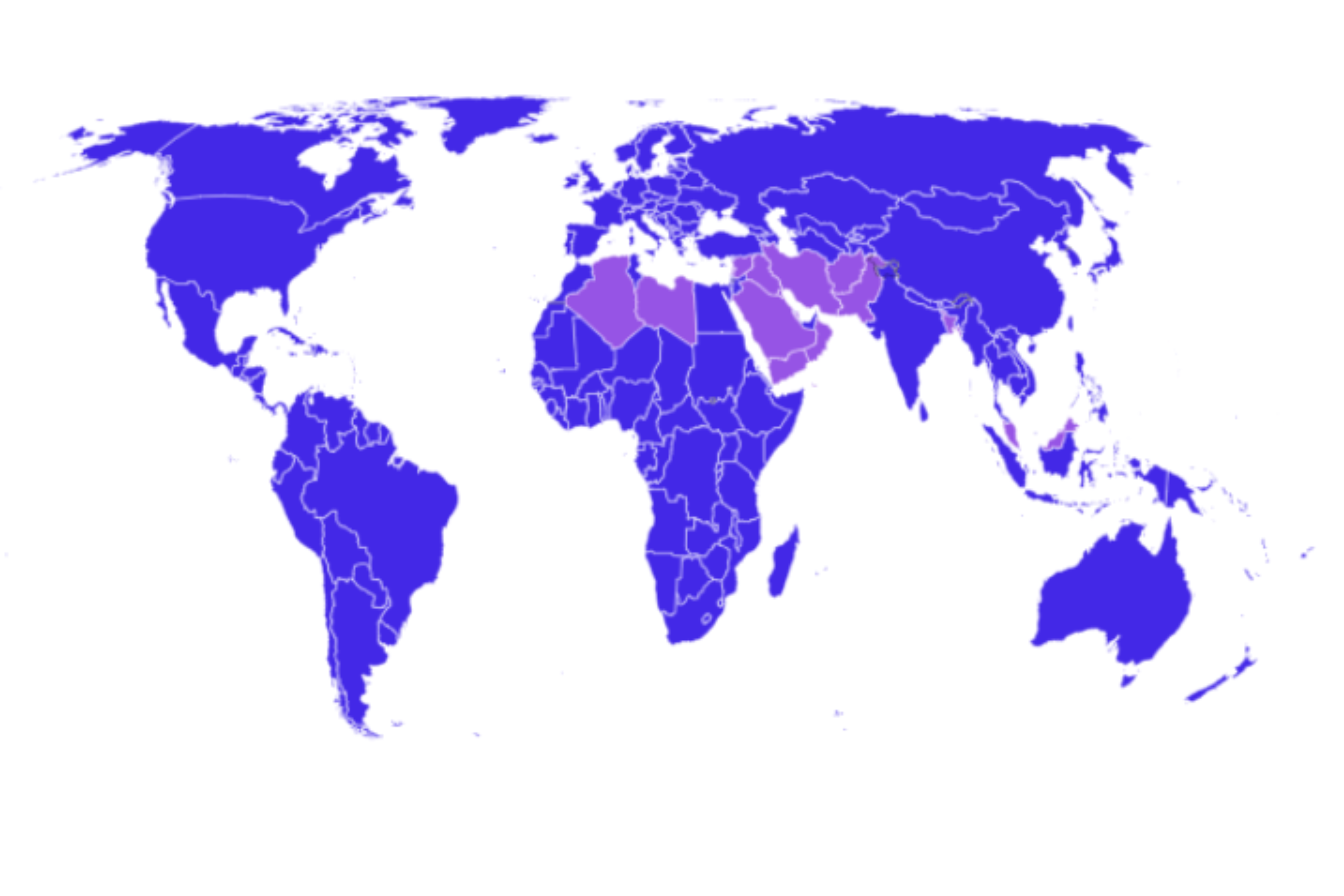Al Qaeda's friends and allies on the Afghan-Pakistani frontier have no shortage of recruits like Faisal Shahzad, the would-be Times Square bomber. "With all this new technology, it's not difficult to recruit people in the West," says an Afghan Taliban planner and organizer who operates on both sides of the border. Over the past two years, he says, several jihadist Web sites linked to the Afghan Taliban have received hundreds of e-mails from aspiring jihadists in the West who "want to join us." According to him, the Haqqani network, a Taliban affiliate based in North Waziristan, has set up a special working group to screen the flood of messages from eager volunteers and the scores of hopeful recruits who simply arrive unannounced at the camps in the tribal badlands, offering their lives for the holy war. "It's hard to contact Al Qaeda," says the organizer, "But it's very easy to get in touch with the Pakistani Taliban. Many of the volunteers are Americans and Britons of Pakistani origin, just like Shahzad, he says. "I've seen and talked to a number of volunteers with Western passports who have come to visit us, have trained with us and have gone back prepared to sacrifice themselves," he says.
The volunteers are routinely treated with suspicion, no matter how useful they could be in a terrorist plot. "We and the Pakistani Taliban and Al Qaeda are very aware of the possibilities of infiltration by spies," a former senior Taliban intelligence officer tells NEWSWEEK, speaking on condition of anonymity. "Just because someone comes from the West doesn't mean he's legitimate. They, too, must be closely watched." No one gets a free pass no matter how good his story may be. But checking out the bona fides of a man like Shahzad is the biggest challenge, says the former intelligence officer, who now serves as a regional commander's representative in Pakistan's tribal areas, a crossroads for recruits to the jihadist cause. "The expressions of good will and sweet words from a new Western contact are not enough," he says. "We don't believe what people say right away. Getting to know what's true or false, who's real and who's a plant, is a real challenge." Shahzad apparently passed the test—at least enough to grant him limited admission to one or more of the many scattered training camps, largely hidden behind high mud-brick walls, in remote Waziristan.
Each case is different, the former intelligence officer says, but any foreigner who wants to sign up needs to have a most convincing story, backed up with verifiable jihadist contacts, and should expect to spend some hard time as a virtual prisoner living under primitive conditions in the Waziristan mountains. Jihadist groups occasionally cross-check with other groups to see what they may know of an individual. The former Taliban intelligence officer cites the case of the five young, middle-class Muslim Americans who were arrested by Pakistani security forces last December in Punjab Province on suspicion of trying to contact and join a terrorist organization. (In a Pakistani court this March the young men pleaded not guilty to charges of plotting terrorist attacks.) The Taliban official says his group asked around about the young men, checking with Pakistani Taliban groups as well as Waziristan representatives of Punjabi and Kashmiri insurgent organizations. No one had heard of them, the Taliban official says, so they seem to have been left out in the cold.
It's easier to sort out the Afghans, Pakistani tribals, and Punjabis who offer to join up, the former intelligence officer says. Because they're less valued than recruits with Western passports, they can be treated as cannon fodder. For example, the officer says, Qari Hussain, the Pakistani Taliban's deputy commander and trainer of suicide bombers,likes to test the commitment and courage of new Punjabi recruits by sending them out on dangerous front-line missions. If they agree to go and put their lives on the line, the Afghan officer says, they've passed the test. If not, they're in real trouble. Hundreds of suspected spies have been brutally executed over the past few years in the tribal agencies, often with no questions asked. The former intelligence officer says his group takes a similar tack with new recruits. "If they are hesitant, then we know they're not true Taliban," he says. "If you are a Taliban you are always putting yourself at risk."
He says the recent execution of Khalid Khawaja, a former Pakistani Air Force officer and former agent of the military's Directorate of Inter-Services Intelligence (ISI), demonstrates just how suspicious militants are of visitors, and how brutal they can be with those suspected of spying. A previously unknown group calling itself the Asian Tigers kidnapped Khawaja, together with another former ISI officer and a British television journalist of Pakistani origin last month. Khawaja was known for his hatred of America and his close ties to jihadists in Pakistan; he even claimed to have been a personal friend of Osama bin Laden. Nevertheless, one of the several dubious reasons Khawaja's captors gave for shooting him in cold blood was that they suspected him of spying for the Pakistani military and the U.S. "If someone well known like Khawaja can be killed, it shows you how closely everyone is checking for spies in their ranks," says the former Taliban intelligence officer.* [Note: Because of an editing error, an earlier version of the story described this person as a "Taliban organizer."]
Uncommon Knowledge
Newsweek is committed to challenging conventional wisdom and finding connections in the search for common ground.
Newsweek is committed to challenging conventional wisdom and finding connections in the search for common ground.





